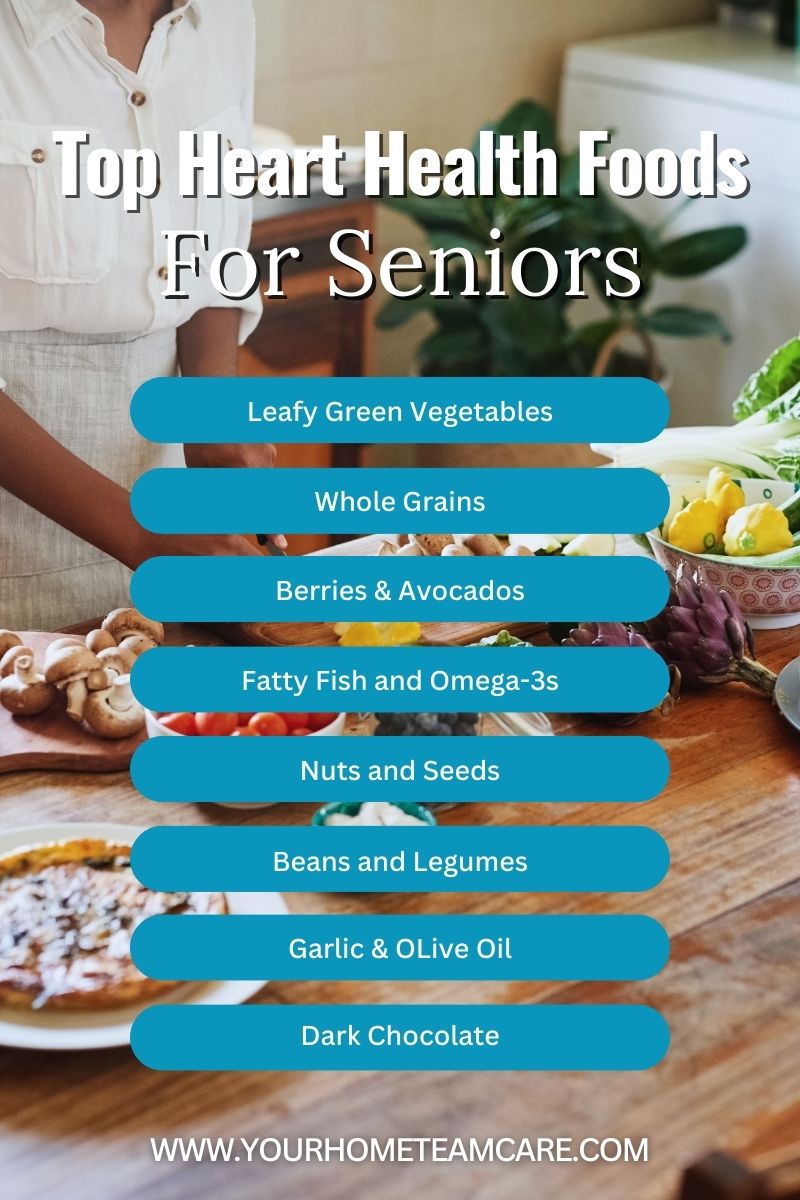As the golden years approach, maintaining heart health becomes a cornerstone for living a full and active life. With heart disease standing as a leading cause of mortality among seniors, understanding and managing the risks associated with cardiovascular health is more crucial than ever. This blog post aims to navigate seniors through the essentials of heart health, offering insights into prevention, lifestyle adaptations, and the importance of staying informed and engaged with healthcare providers.
Understanding the Risks of Heart Disease
Age brings a natural increase in the risk of heart conditions, including coronary artery disease, heart failure, and arrhythmias. Factors such as high blood pressure, cholesterol imbalances, diabetes, and obesity further compound these risks. Recognizing these factors is the first step in the journey toward heart health management.
Prevention is the bedrock of heart health, particularly in our senior years. Simple, proactive measures can significantly lower the risk of heart disease:
Prevention and Lifestyle Choices:
Fortunately, there are proactive steps seniors can take to minimize the risk of heart disease. Adopting a heart-healthy diet rich in fruits, vegetables, whole grains, and lean proteins can have a positive impact. Regular physical activity is crucial, even if it involves low-impact exercises such as walking or swimming.
Managing Stress:
Chronic stress can negatively affect heart health. Seniors should explore stress management techniques such as meditation, yoga, or hobbies to promote relaxation and emotional well-being. Adequate sleep is equally vital, as it allows the body to recover and rejuvenate.
Regular Check-ups:
Seniors should maintain regular check-ups with their healthcare providers to monitor blood pressure, cholesterol levels, and other vital signs. Early detection and management of risk factors can significantly reduce the likelihood of developing heart disease.
Medication Adherence:
For those with existing cardiovascular conditions or risk factors, adherence to prescribed medications is crucial. Seniors should communicate openly with their healthcare professionals about any concerns or side effects, ensuring that their treatment plan is effective and well-tailored to their needs.
Social Connections:
Maintaining strong social connections can positively impact heart health. Engaging in activities with friends and family, joining clubs, or participating in community events can contribute to a sense of purpose and emotional well-being.

Top Heart Health Foods For Seniors
The foods we eat play a pivotal role in maintaining cardiovascular health, especially for seniors. A heart-healthy diet can help reduce the risk of heart disease, stroke, and hypertension. Lets delve into the best foods that seniors can incorporate into their diets to support a strong and healthy heart.
- Leafy Green Vegetables:
Leafy greens like spinach, kale, and collard greens are powerhouses of vitamins, minerals, and antioxidants. They’re particularly high in vitamin K, which helps protect your arteries and promote proper blood clotting. Moreover, they’re a great source of dietary nitrates, known to improve arterial function and reduce blood pressure. - Whole Grains:
Switching from refined grains to whole grains is a smart move for heart health. Foods such as whole wheat, brown rice, oats, quinoa, and barley can help improve cholesterol levels and keep your heart in good shape. They’re rich in fiber, which helps reduce the absorption of cholesterol into your bloodstream. - Berries:
Strawberries, blueberries, blackberries, and raspberries are not just delicious; they’re also packed with important nutrients. Berries are rich in antioxidants, including anthocyanins, which protect against the oxidative stress and inflammation that contribute to the development of heart disease. - Avocados:
Avocados are an excellent source of monounsaturated fats, which are heart-healthy fats. They can help lower bad LDL cholesterol levels while raising the good HDL cholesterol. Avocados are also rich in potassium, a nutrient that’s essential for heart health. - Fatty Fish and Omega-3s:
Fatty fish like salmon, mackerel, sardines, and trout are rich in omega-3 fatty acids, which are known for their benefits for heart health. Eating fish regularly can help reduce blood pressure, lower triglycerides, and decrease the risk of arrhythmias (abnormal heart rhythms). - Nuts and Seeds:
Almonds, walnuts, flaxseeds, and chia seeds are great snacks that pack a punch of heart-healthy fats, protein, and fiber. They can help reduce the risk of heart disease by improving blood lipid levels and reducing inflammation. - Beans and Legumes:
Beans, lentils, and other legumes are excellent sources of protein without the high fat content found in some animal proteins. They’re high in fiber, antioxidants, and phytonutrients that help lower heart disease risk factors, such as cholesterol, blood pressure, and inflammation. - Garlic:
Garlic has been used for centuries as a remedy for various ailments. It contains allicin, a compound with potent medicinal properties, including the ability to lower blood pressure and cholesterol levels. - Olive Oil:
A staple of the Mediterranean diet, known for its heart-healthy properties, extra virgin olive oil is rich in monounsaturated fats. It’s also loaded with antioxidants and has been linked to a lower risk of heart disease. - Dark Chocolate:
For those with a sweet tooth, the good news is that dark chocolate is on the list! Rich in antioxidants like flavonoids, dark chocolate can lower the risk of heart disease. However, it’s important to choose varieties that contain at least 70% cocoa and to consume it in moderation.

Conclusion:
Navigating heart health as a senior may seem daunting, but with the right strategies and support, it’s entirely possible to lead a heart-healthy lifestyle. By understanding the risks, adopting preventive measures, and staying engaged with healthcare providers, seniors can protect their heart health and enjoy their golden years to the fullest. Remember, it’s never too late to start making changes that can enhance your quality of life and longevity.

